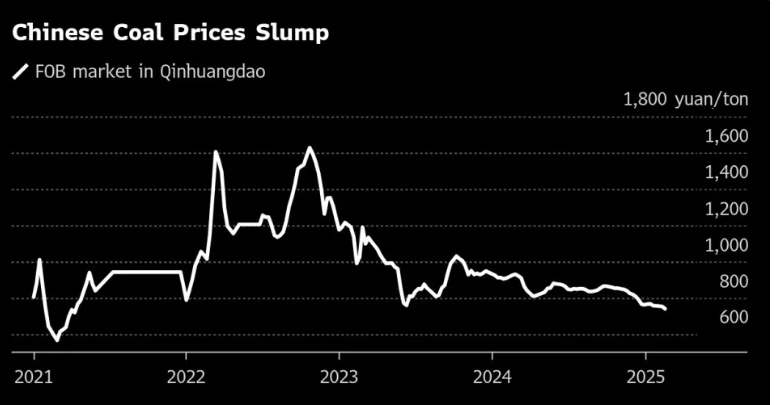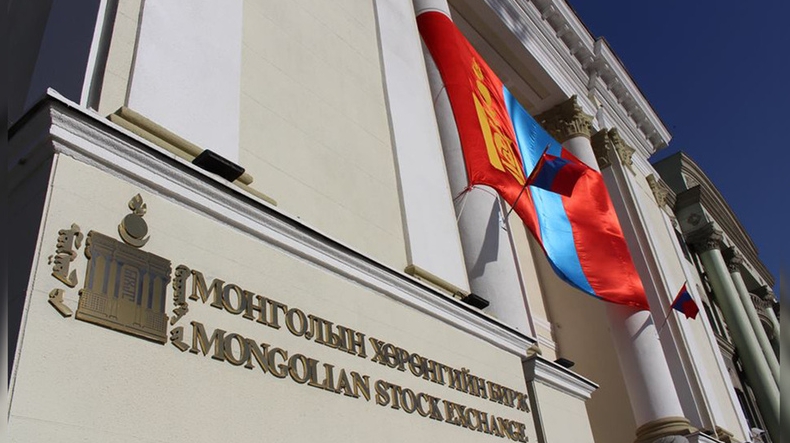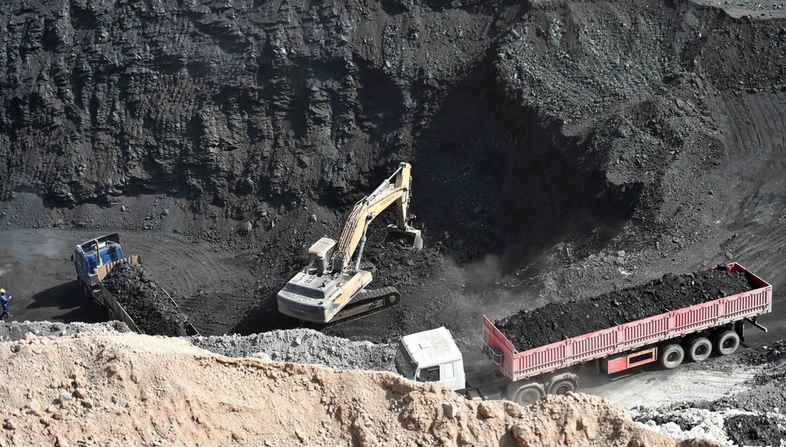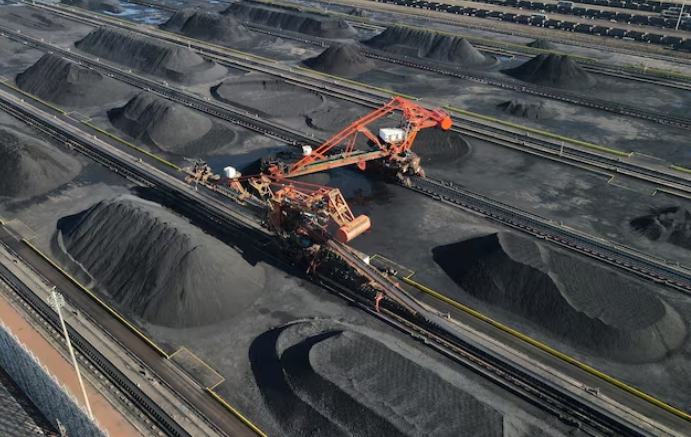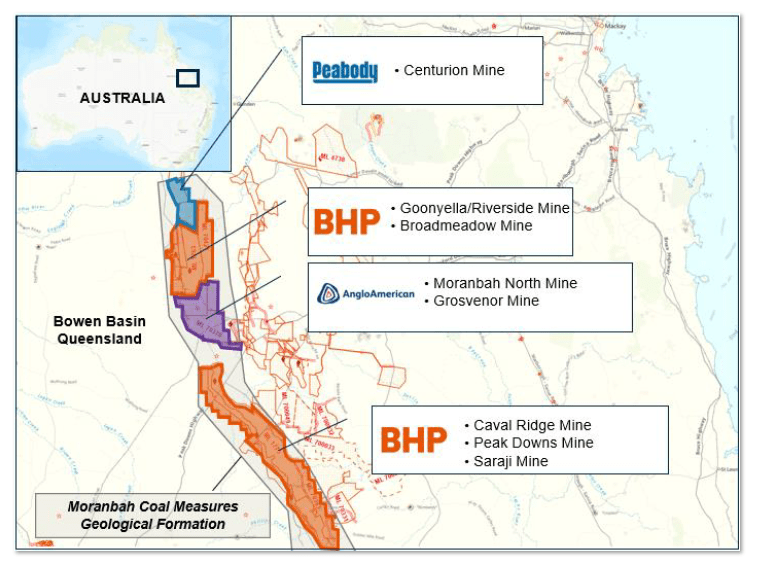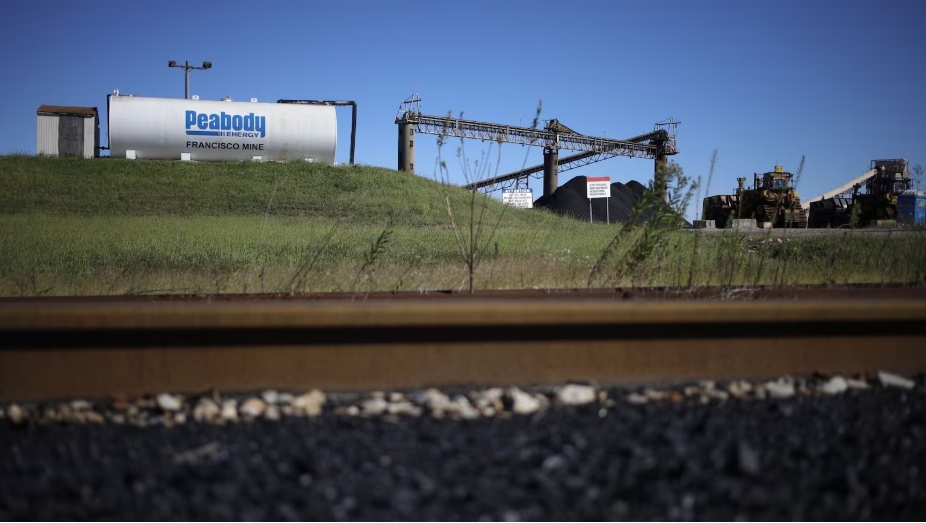Banks and investors are facing pressure from environmental groups to stop funding power projects fired by the polluting fossil fuel, seen as a major risk to global plans to tackle climate change under the Paris Climate Agreement that demands a virtual end to coal power by 2050.
Just last week, Credit Suisse said it would stop financing new coal-fired power plants.
Standard Chartered said in a statement on Tuesday it would pull out of three coal power ventures in Southeast Asia.
The Asia-focused bank did not name the projects but industry sources said it referred to the Vung Ang 2 and Vinh Tan 3 plants in Vietnam, and Java 9 and 10 in Indonesia.
Hong Kong-based power investor CLP Holdings, a developer on both Vung Ang 2 and Vinh Tan 3, also said on Tuesday that it would no longer invest in new coal-fired power generation.
A subsidiary of Japan’s Mitsubishi is developing Vung Ang 2 and Vinh Tan 3. Singapore’s DBS is one of the lenders to Vung Ang 2 while HSBC and Chinese government-backed institutions are funding Vinh Tan 3.
Driven by rising electricity demand in places like Indonesia and Vietnam, Southeast Asia was the only region in the world where coal’s share of total energy supply increased last year, and demand is expected to rise steadily for decades.
Together the three projects jettisoned by Standard Chartered were due to cost an estimated $7.7 billion, according to Market Forces, an Australia-based environmental finance organization.
“Decisions of banks like Standard Chartered to avoid new coal power plants could make or break our ability to keep global warming under control,” said Bernadette Maheandiran, legal analyst at Market Forces.
